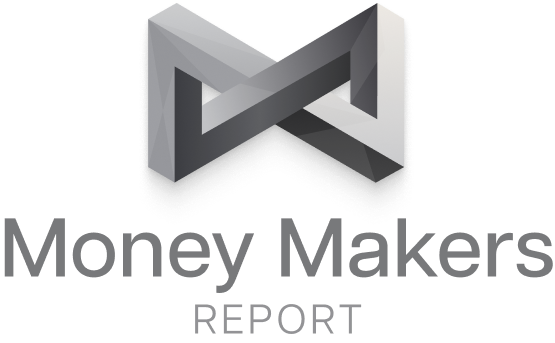Shiba Inu Burn Rate Drops Following 700% Surge: What’s Next?
Shiba Inu is a popular dog-themed meme-coin, and investors are actively watching its price movements. This crypto has caused quite a stir in the crypto markets with its recent volatility. The Shiba Inu’s burn rate soared suddenly, blindsiding some traders.
So, what’s happening with SHIBA? Is it time to buy? And what is the analysts’ forecast?
The SHIB token’s price is $0.0000174 currently, up by 1.95% for the day. Moreover, its market capitalisation stands at $10,258,123,669, while trading volume hit $242,185,231. Meanwhile, the circulating supply of the coins is 583,382,557,304,548.
Even though the crypto’s price is increasing now, it has shaved off 10% over the last week. This indicates the strong market volatility, which still continues despite the token’s recovery. Thus, analysts caution investors to be careful with their SHIB investments to avoid losses if the price begins declining again.
This meme-coin hit its all-time high at $0.00008845 on October 28, 2021. Since then, the price has declined by 80%. However, during the latest sessions, the Shiba Inu coin’s burn rate skyrocketed, jumping by 500% in a day.
SHIB/USD 5-Day Chart
What Is the Burn Rate of Shiba Inu?
Crypto burning refers to the action of destroying tokens to decrease their supply, which in turn causes their value to increase. For example, if there are only 1000 SHIBs on the market, their price would soar much higher, compared to 10,000 SHIBs. The more rare the item, the more desirable it becomes.
Burn rate refers to the speed with which the tokens are destroyed, and in this case, it’s truly impressive. Shibburn reported that a total of 60,380,203 tokens were wiped out during the previous day.
According to the Shiba Inu burn rate news, the latter fluctuated between 500% and 700%, at one point even reaching 1947%. Furthermore, 135,026,217 were burned during the past week. These tokens are now out of circulation, distributed in so-called “dead wallets.”
The token’s creators are trying to reverse the price’s trajectory with this drastic action, hoping that its value will increase as the total supply dwindles. At the same time, the news about the Ethereum ETF launch stirred the crypto markets, attracting more attention to digital assets.
Consequently, the SHIB burn rate metric soared by 482.88% within the last day. That indicates a renewed interest in the token. However, it’s unclear whether the previous week activities influenced this burn rate. The latter has continued somewhat erratically, though.
Shibburn reported that during the latest round, five different wallet addresses took the most active part: each of them sent over 9,999,999 tokens to dead wallets. To this date, the memecoin’s ecosystem has burnt a total of 410,727,706,468,542 tokens. But what about the Shiba Inu burn rate in 2024? In January alone, 9.9 billion tokens were destroyed, and the burning continues.
Will the SHIB Price Increase Over the Coming Months?
Contrary to the investors’ expectations, the token’s price hasn’t seen any significant increase thus far, even though its burn rate hit 800% this year. Consequently, analysts hesitate to forecast any big changes.
While the recent volatility confused markets, it’s clear that even this substantial destruction of the memes wasn’t enough to bolster its price. On Tuesday, the token shaved off more than 2.45%. It rebounded today, but not by much.
Furthermore, SHIB has been volatile during the last month, with its price plunging to $0.000012. It later recovered and even hit $0.000020 at some point before steading around $0.000017.
As we have mentioned, historically, Shiba Inus’ attempts to increase the price by decreasing its total supply were unsuccessful. It remains to see whether the latest action works in its favour, or if the history repeats itself.
Stay tuned to learn more about the SHIB coin’s price movements and other crypto news!
The post Shiba Inu Burn Rate Lowered After Tuesday’s 700% surge appeared first on FinanceBrokerage.

